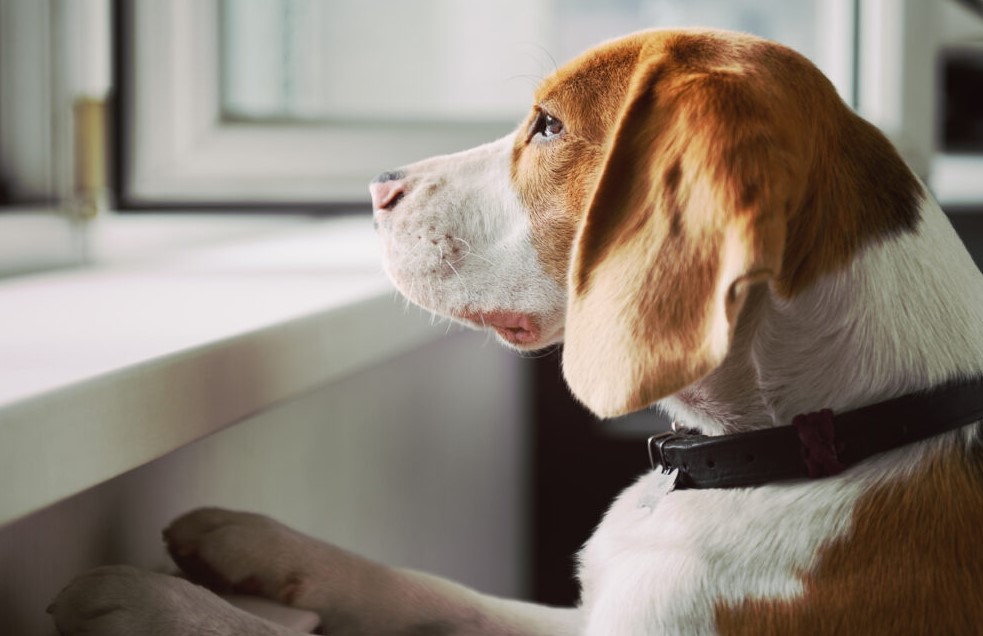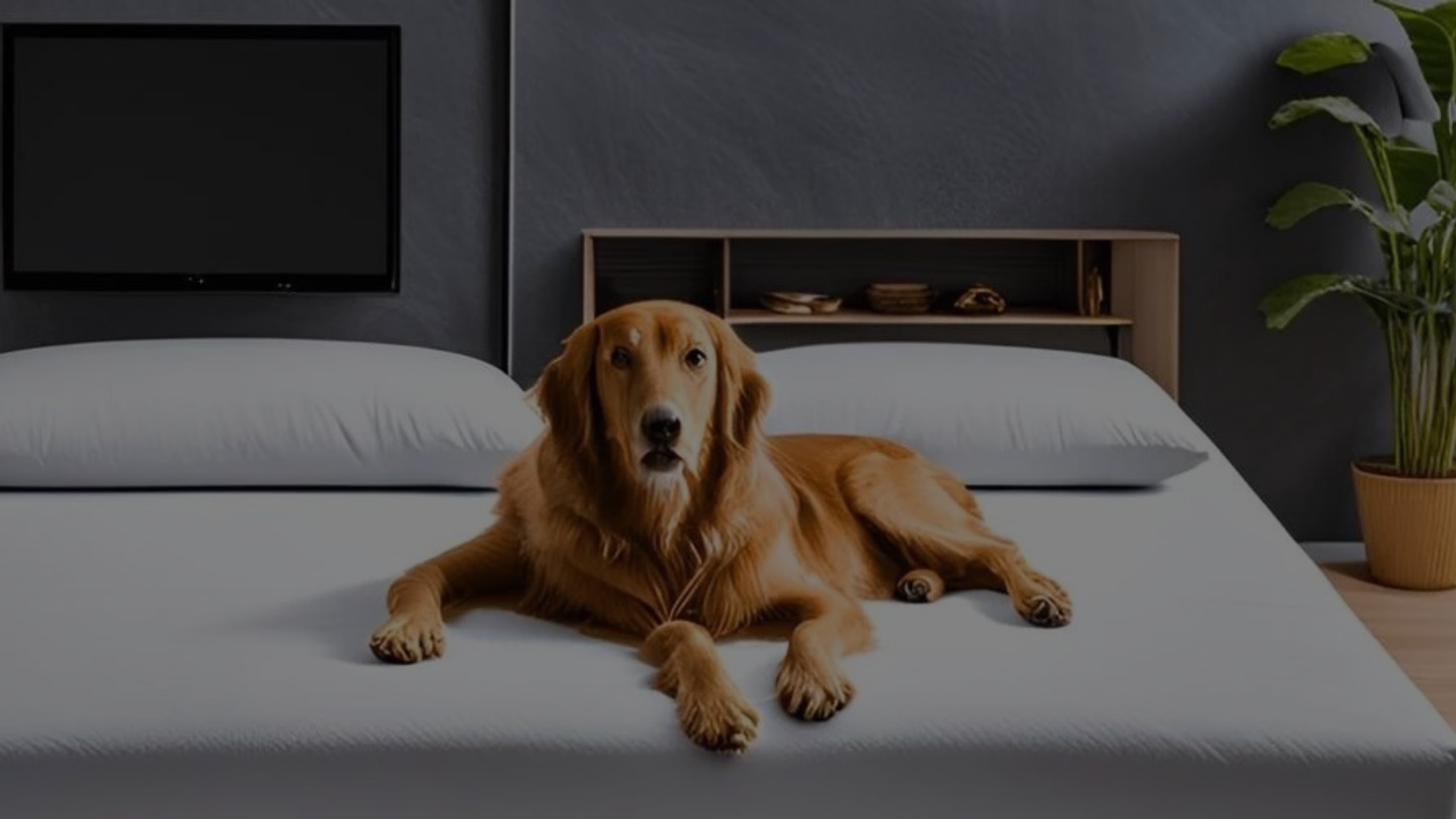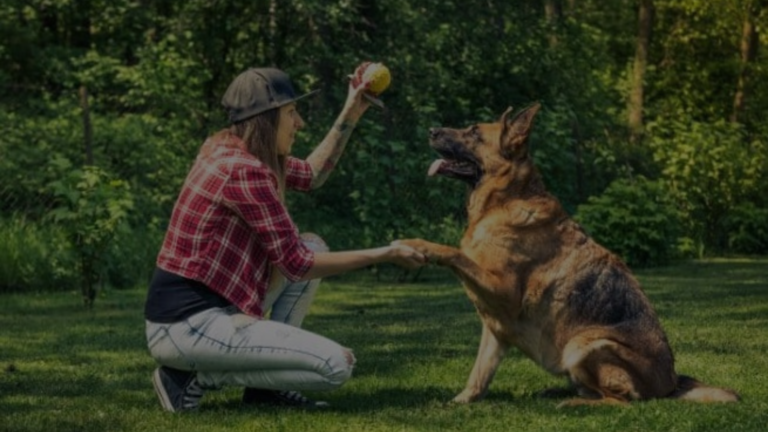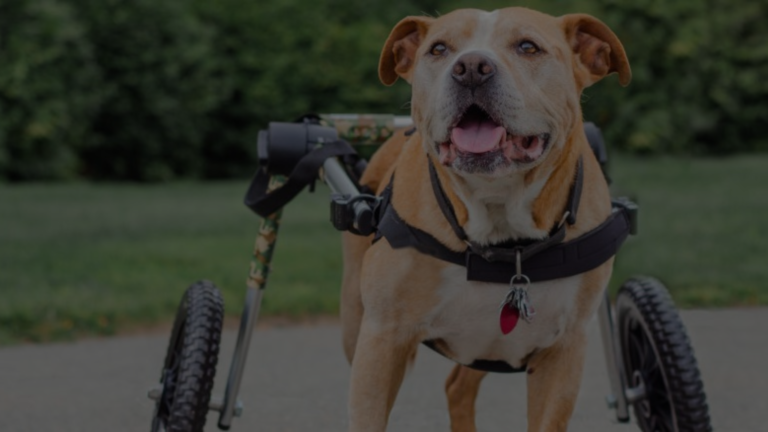Have you ever wondered why does my dog sit alone in another room? As a pet enthusiast, I’m here to shed light on this common yet perplexing behavior in dogs. In this article, we will explore the reasons why dogs might isolate themselves, and we’ll provide you with valuable insights and solutions to help you better understand and address this situation.
Dogs and Their Behavior
Before we delve into the reasons for your dog sitting alone in another room, it’s essential to grasp a few key aspects of canine behavior. Dogs, like humans, have their unique personalities and emotions. They communicate through body language, vocalization, and actions. It’s crucial to remember that every dog is an individual, and their behaviors can vary greatly.
Understanding Your Dog’s Isolation

Health Issues
Your dog may be alone in another room due to underlying health issues. Dogs are excellent at hiding pain or discomfort and isolating themselves can be a sign that something is not right. If you notice this behavior, make an appointment to see a doctor to rule out any medical problems.
Fear or Anxiety
Dogs, like humans, can experience fear and anxiety. Loud noises, thunder, or even unfamiliar guests can trigger these sensations, causing your dog to retreat to a quieter place. Understanding your dog’s triggers and providing a safe, comfortable environment can help reduce their anxiety.
Need for Personal Space
Just like humans, dogs sometimes need their own space. It’s not uncommon for a dog to seek solitude to rest, relax, or recharge. Respect their need for personal space, and provide a cozy spot where they can unwind without interruption.
Social Dynamics
Dogs are social animals, but they also have their hierarchy and social dynamics. If you have multiple dogs, they may occasionally sit alone to establish their space or avoid conflict. This is a normal part of their social interactions, and it is important to monitor their behavior to ensure it remains peaceful.
Boredom
Boredom can lead to a variety of behavioral problems in dogs, including sitting alone. To combat this, make sure your dog gets plenty of mental and physical stimulation. Engage in interactive play, go for walks, and offer puzzle toys to keep their minds active and happy.
Changes in Routine
Dogs thrive on routine and predictability. Any major change in their daily life, such as moving to a new home, a change in your schedule, or the arrival of a new family member, can lead to feelings of anxiety and result in your dog looking for solitude.
Addressing Your Dog’s Solitary Behavior
Now that we’ve explored the potential reasons behind your dog sitting alone in another room, let’s discuss how to address this behavior.
Regular Vet Check-ups
To rule out any underlying health issues, ensure you schedule regular check-ups with your veterinarian. Maintaining your dog’s health is crucial for their overall well-being.
Create a Safe Haven
Designate a quiet, comfortable space in your home where your dog can retreat when they desire alone time. Add cozy bedding, toys, and water to make this spot inviting.
Manage Anxiety
If your dog’s isolation is due to anxiety, consider consulting a professional dog trainer or a veterinary behaviorist. They can provide guidance and training techniques to help your dog manage their anxiety.
Provide Stimulation
Keep your dog mentally and physically engaged to prevent boredom. Regular exercise, interactive toys, and puzzle feeders can be excellent ways to stimulate your furry friend’s mind and body.

Maintain Consistency
Stick to a routine to give your dog a sense of security. Even with changes in your life, try to establish a consistent daily schedule that includes feeding, playtime, and rest.
Resources & References
Before we conclude, here are some high-authority references for further reading on understanding your dog’s behavior and needs:
Recommended Articles
Recommended Video
For more insights on leaving your dog alone in the house, watch the video titled “Leaving Your Dog Alone in the House” below. This video will provide additional tips and advice on this topic.
Finally, your dog sitting alone in another room is a behavior that can be influenced by a variety of factors. By understanding the possible causes and implementing the solutions outlined in this article, you can create a more comfortable and enjoyable environment for your beloved canine companion. Remember, every dog is unique, so be patient and observant to ensure their well-being and happiness.
FAQs – Why Does My Dog Sit Alone in Another Room
Why does my dog want to be alone in another room?
Dogs may want to be alone for various reasons, including seeking peace, privacy, or a sense of security.
Why does my dog lay in a different room?
Similar to wanting to be alone, dogs may choose to sleep in a different room due to comfort, temperature preferences, or a desire for separation from activity.
Why is my dog being distant all of a sudden?
A sudden change in a dog’s behavior could indicate discomfort, illness, anxiety, or a response to environmental changes.
Why is my dog hiding in another room?
Dogs may hide due to fear, anxiety, feeling overwhelmed, or seeking solace during times of stress.
Do dogs want to be alone when they are sick?
Some dogs prefer solitude when sick, while others seek comfort and attention. Observe your dog’s behavior and provide care accordingly.
How do you know if your dog feels neglected?
Signs of neglect may include excessive vocalization, destructive behavior, withdrawal from social interactions, and changes in appetite or sleep patterns.







